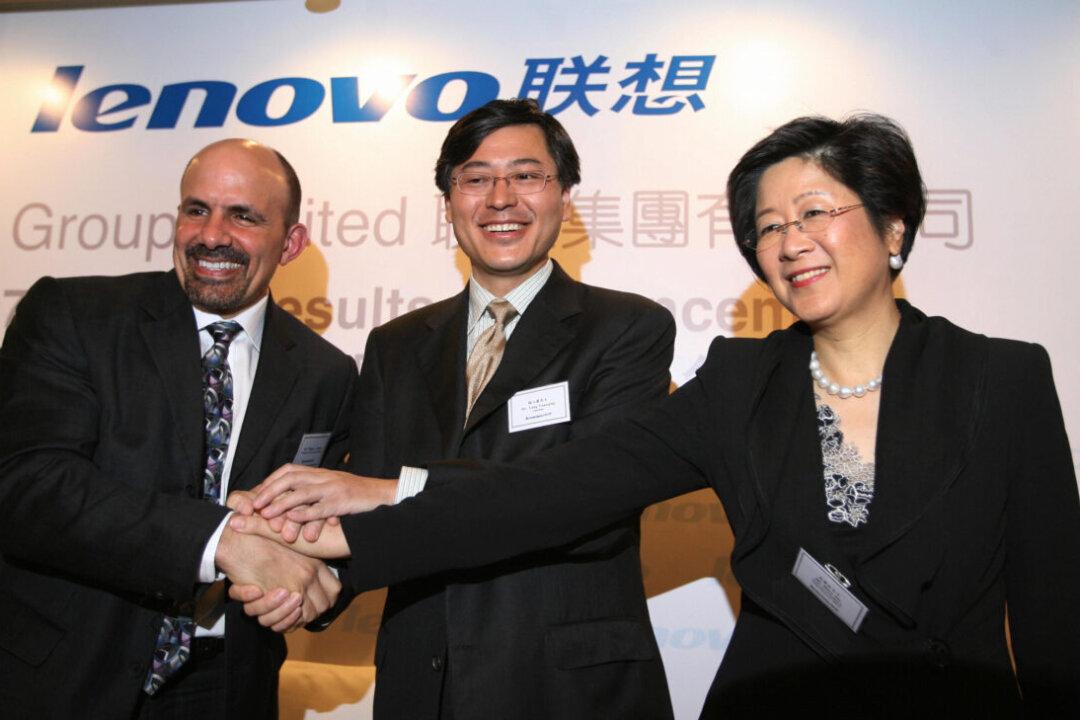Editor’s note: This article is part three of a three-part series. Part 1 looks at Beijing’s crackdown on Didi and introduces the company’s ties to the Chinese military and state-owned businesses. Part 2 looks further into Didi’s ties with China’s business elites, the Chinese military, and Lenovo Group.
Chinese investment firm Boyu Capital and its late co-founder Ma Xuezheng have contributed to Didi’s success. Under Ma’s direction, Boyu Capital—which has ties to Lenovo Group and the family of former Chinese leader Jiang Zemin—became one of Didi’s major investors.





